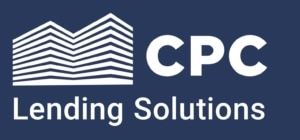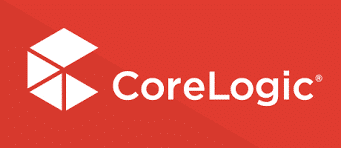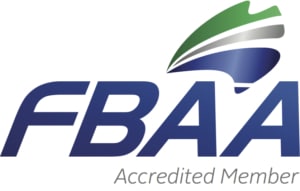CPC Lending Solutions expands to meet growing demand
Written by David Lovato – CPC Lending Solutions
August 2024
We are excited to announce some significant changes at CPC Lending Solutions. To better serve our clients and meet the increasing demand for our services, we’re expanding our team and adding a new focus area.
Residential lending in 2024
As we head into the latter half of the year, the residential lending market presents buyers with unique opportunities. While interest rates have been held steady for several months, the overall cost of living remains elevated, putting pressure on borrowers’ budgets.
Despite these challenges, the housing market continues to demonstrate resilience. Strong population growth, coupled with a shortage of supply in many areas, is driving demand for residential properties. This has led to increased competition among buyers and put upward pressure on home prices.
However, many borrowers are finding it difficult to access finance, whether for new or existing homes, due to high interest rates.
These affordability challenges are also impacting developers. Reported presales during the pre-construction and construction stages of projects are at a high risk of defaults and delays at settlement, or not even settling at all.
That’s why we’ve identified a need for a broker focused on the off-the-plan residential market.
What’s changing?
As part of our expansion, we’re rebranding to CPC Lending Solutions and welcoming Andrew Wallace, our new Residential Mortgage Specialist. Andrew brings with him a proven track record and a deep understanding of the residential market.
His primary focus will be managing all residential finance enquiries and providing tailored solutions for individuals and families looking for residential mortgages.
At CPC Lending Solutions we offer a wide range of residential mortgage solutions including refinancing, off-the-plan new sales, house and unit purchases and investment property loans.
We’re also addressing a real problem that exists for construction-stage lenders and developers: the settlement risk of off-the-plan pre-sales. Many of these pre-sales are at risk when it comes time to settle due to outdated pre-approvals, changes in buyers’ life circumstances or rising interest rates.
CPC Lending Solutions will assist developers and purchasers in the off-the-plan sales process. We will work with developers to streamline the finance process for purchasers.
Combining our in-depth knowledge of development with a new focus on residential buyers, we can connect with your off-the-plan buyers to build rapport and assist them in their homeownership journey.
This allows us to identify any risks, secure them a residential loan and ensure they don’t default when given their notice to settle.
By identifying and mitigating risks associated with pre-sales, we can help developers increase their chances of successful project completion.
Increased competition
As a buyer, not only will you face increased competition for your new property thanks to the current shortage of homes, but you’ll also find many lenders are vying for your business. This competition can work to your advantage, as lenders are more includes to offer attractive terms to secure your loan. But, navigating this process requires time and knowledge.
That’s why we’ve brought Andrew on board, to ensure you benefit from this competitive environment. We offer personalised advice and a good relationship with lenders that we can use to benefit you.
Why choose CPC Lending Solutions?
At CPC Lending Solutions we are in a unique position to offer both residential finance to buyers as well as continue our high-quality finance broking service for developers.
Our new focus on assisting developers with off-the-plan sales is a natural extension of our existing services. We will work closely with you and your buyers for off-the-plan sales. This will allow purchasers to access finance to buy your new builds. With our experience in this field, we can tailor solutions for buyers, including options like deposit bonds, so that buyers secure a property in a competitive market.
For buyers looking for finance for residential property, we have a dedicated team member with in-depth knowledge of the current property and lending environment. He will be able to offer advice, facilitate your application and guide you through the home purchasing process.
Our services are free to borrowers and our brokerage fees are fully disclosed within the loan documentation.
Learn more about our residential mortgage solutions here.
CPC Lending Solutions is a property development and residential finance specialist. Whether you’re a developer needing funding for land, construction, or residual stock, or a buyer looking for the perfect mortgage, we’re here to help. Contact us at info@crowdpropertycapital.com.au or fill in this form






